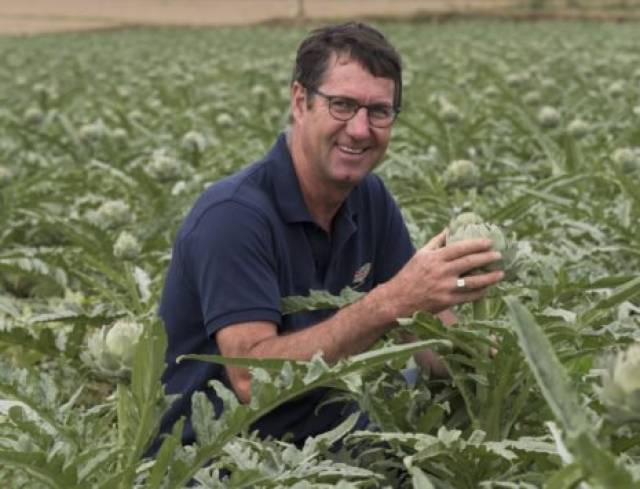#ferries - A Breton farmer and boss of Brittany Ferries Jean-Marc Roué has recently been re-elected president of Armateurs de France, the French equivalent of the UK Chamber of Shipping, writes Jehan Ashmore.
This afternoon the UK Prime Minister, Theresa May is to make a plea at an EU emergency summit in Brussels, by proposing to all 27 leaders to delay Brexit with an extension date of 30th June.
The ferry operator Armement Bretagne-Angleterre-Irelande, or B.A.I. officially began sailing on 2 January 1973, just a day after Britain joined the Common Market of the European Economic Community (EEC) a predecessor of the EU.
B.A.I. which trades as Brittany Ferries, was founded by Alex Gourvennec who saw this chance to end the geographical isolation of Brittany by exporting vegetables to the UK marketplace.
A ro-ro freighter was purchased and renamed Kerisnel, a small Breton village made famous for its cauliflowers. The first sailing took place from Roscoff to Plymouth, Cornwall.
To this day, farmers in the most western region of France remain the company's main shareholders.
Click here for related story of the UK Government's contract announced in December last year with the ferry operator to ease potential problems in the event of a no-deal Brexit.



























































